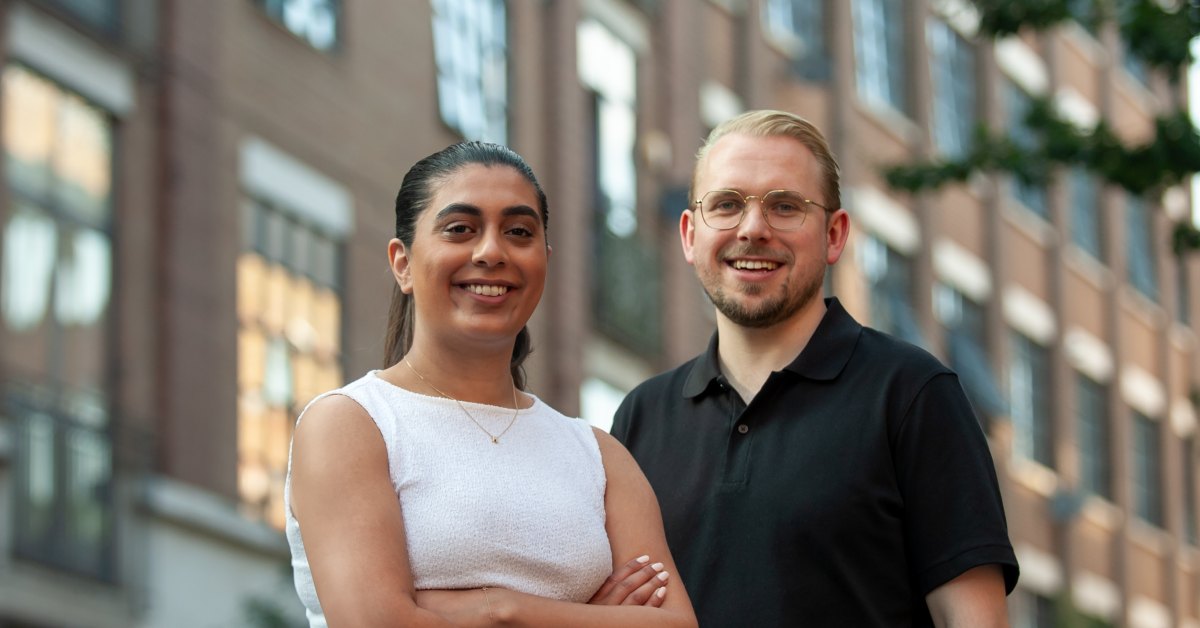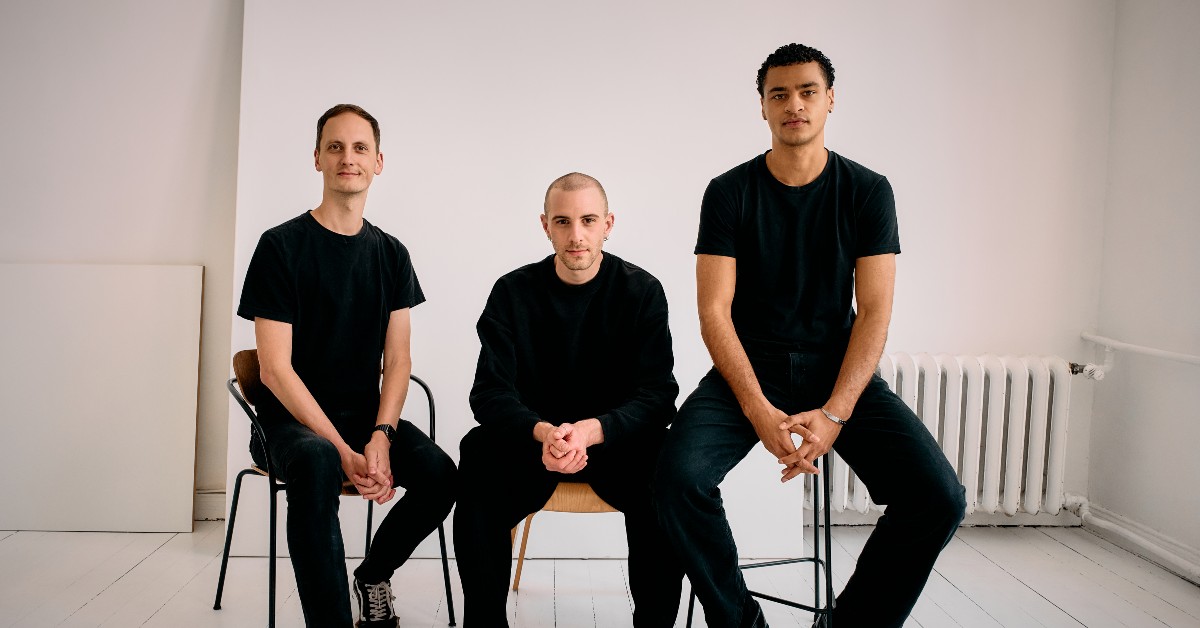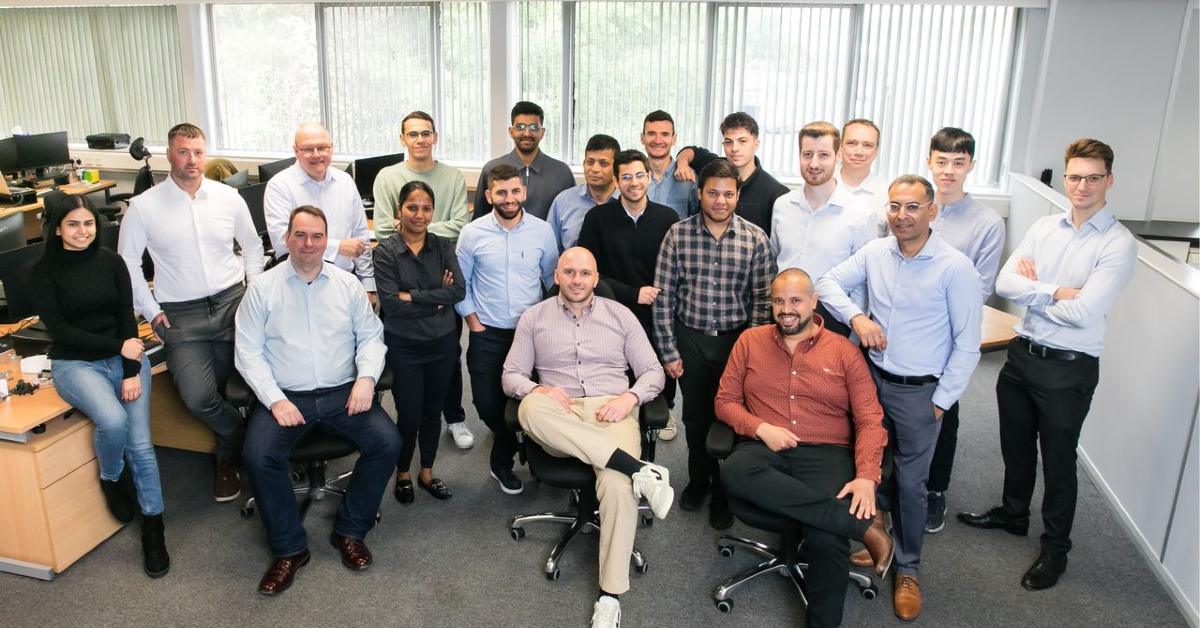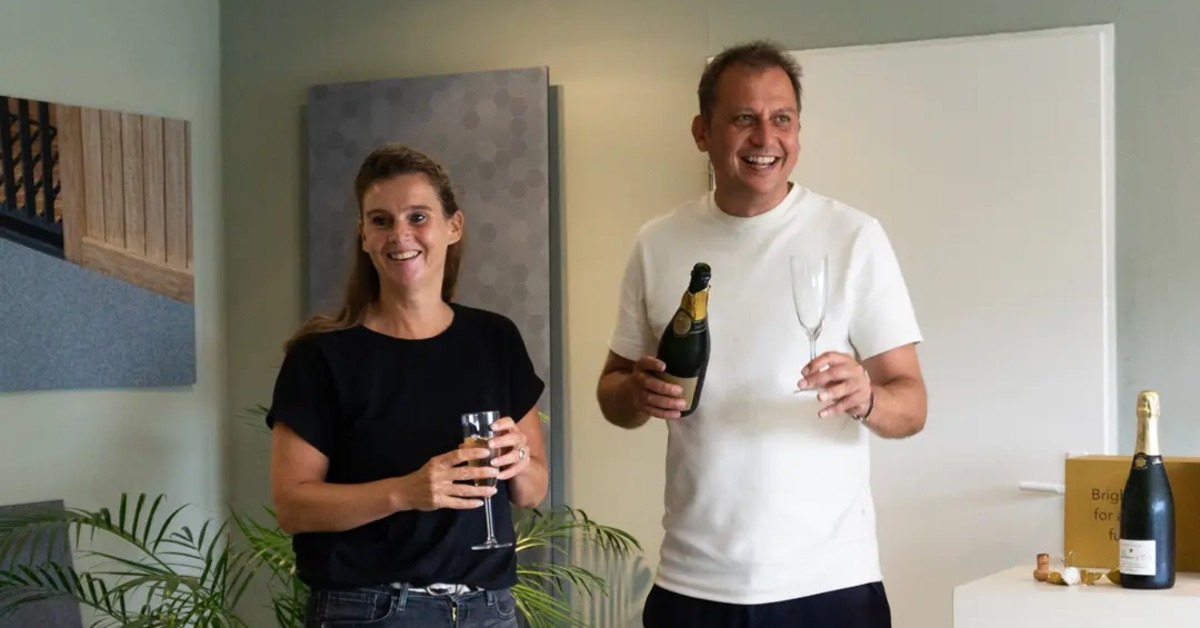After a strong first quarter, the second quarter saw a sharp decline in investments in Dutch startups.
Although the number of investments remained approximately the same, the very large rounds of around €100M and higher, made the difference, reveals Quarterly Startup Report.
Quarterly Startup Report is a collaborative effort by Dealroom.co, Golden Egg Check, KPMG, the Dutch Association of Participation Companies (NVP), the Dutch Startup Association (DSA), and Techleap.nl,
10% investment decline in Q2
The investments of approximately €430M in Q2 represent a decrease of 10 per cent compared to the same quarter last year, when it amounted to €475M.
Compared to the previous quarter, when €1.05B was invested, this represents a decrease of 59 per cent.
“Although Q2 is somewhat disappointing, around one and a half billion euros have been invested in Dutch tech companies so far this year. That is considerably more than the €900M in the first half of 2023. The expectation is that 2024 will ultimately be higher than 2023 when around €2.1B were invested,” says Lucien Burm from the Dutch Startup AssociatioThe the number of deals remained approximately the compared to the first quartersame, but there were no deals of around €100M or higher in the past quarter.
These amounted to €548M in Q1, which explains a large part of the difference.
The total number of investments in Series B and later (15 million and higher) decreased even more, from 14 to 9.
20% decline in deals
The number of deals decreased by 20 per cent compared to the same quarter last year.
A large part of this decrease comes from the number of first growth stage deals (Series A: 4-15M) which went from 20 in Q2 last year to 10 in Q1.
In the early stage, up to €1M (pre-s,eed) the number of investmeincreasedase, from 14 t 19, compared to Q1.
Quantum, AI, and biotech dominate
Last quarter, 3 quantum tech startups raised funding: Qblox ($26M), Orange Quantum Systems (amount not disclosed), and Q*bird (€2.5M).
The largest rounds were in artificial intelligence (Axelera AI, CuspAI, and Nebul), sustainability & impact (BioBTX and Mosa Meat), and biotech (Vitestro, Flindr Therapeutics and Vico Therapeutics).
The 10 biggest deals of the past quarter
- Axelera AI – $68M
- BioBTX – €42M (total round including loan and grants was €80 million)
- Mosa Meat – €40M
- bunq – €29M
- CuspAI – $30M
- Qblox – $26M
- Vitestro – $22M
- Flindr Therapeutics – €20M
- Nebul – €20M
- Vico Therapeutics – €11.5M (in addition to their €50 million+ round earlier this year)
Mixed bag so far
The picture in Europe is mixed, says the report. Some countries, such as the UK and France, had a weaker first quarter and a better second. Germany, like the Netherlands, shows a decline.
Europe as a whole, including the UK, saw an increase of 17 per cent, from $13.6 to $15.8B.
The Netherlands is ranked 5th in Europe regarding the amount of investments (EU + UK).
Expert opinions
“It is striking that in 2024 there have been almost half as many investments in the segment of €4 to €15M. These are typical Series A rounds. Where the challenge used to be mainly in the early phase, up to 1 million euros, and the large rounds in the later phase, it now seems to be in the middle. Perhaps companies are still waiting for the right moment to come back to the market for their Series A round,” says Thomas Mensink, analyst at Golden Egg Check.
“Without available financing in the various growth phases, growth is hampered. Scaling up deeptech companies requires deeper pockets, even in the early growth phases. A targeted collaboration between public and private financiers, nationally and internationally, is crucial to make a difference in and for the Netherlands,” says Maarten Cleeren, managing director of Techleap.










01
From telecom veteran to Dutch Startup Visa success: The Jignesh Dave story